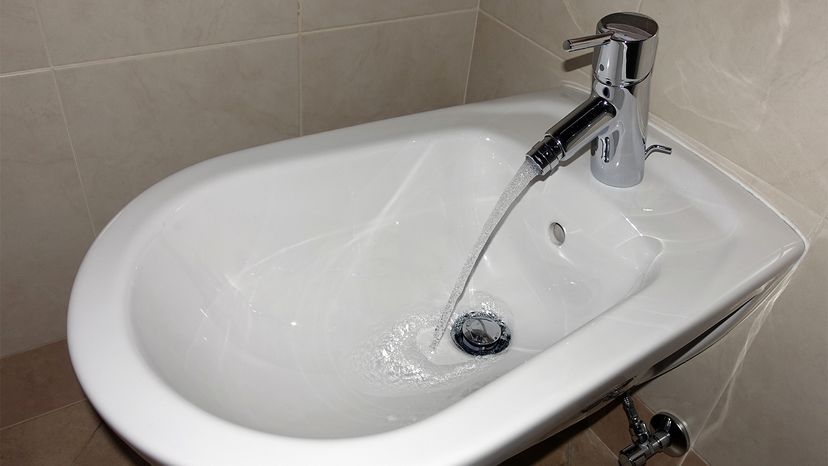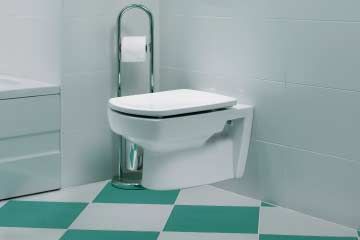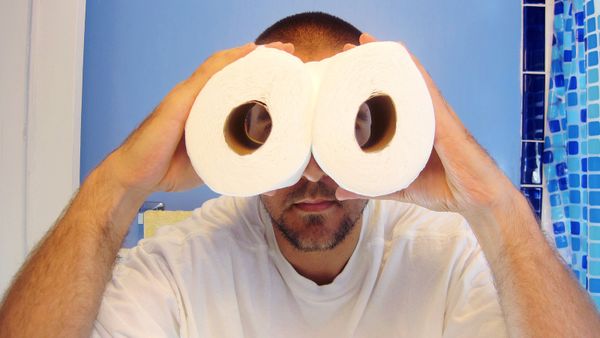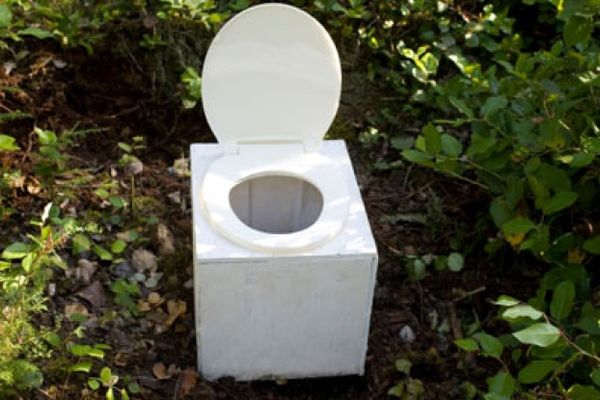Although bidets definitely can't ward off pregnancy or STDs, they're a healing balm for other private-parts-related sorrows.
"We see them used most in the U.S. for people who have a medical need," says Shearer. "Crohns, colitis, colon cancer, irritable bowel syndrome — the symptoms that make life hard with these conditions can be alleviated with bidet seats. General Practitioners, OB-GYNs and occupational therapists send patients to us for a variety of conditions. We have people who used to get urinary tract infections (UTIs) once or twice a month come in and tell us they're down to three or four times a year after getting a bidet seat. It can make an extreme difference."
Not only that, as we age, it's more difficult to keep cleandown there, particularly if old age is exacerbated by arthritis — it's harder to maneuver a wipe or wash when our hands don't work properly. Bidets can help with this.
"For a lot of aging people, the main thing that's going to keep them independent and at home the longest is their ability to toilet themselves," says Shearer.
One major reason for this is thata UTI, which is pretty manageable (or even asymptomatic) for a youngster, can really make life hard for an older person, resulting in trips to the hospital. Although there's little research supporting the connection between bidet seats and fewer UTIs, hormonal changes during and after menopause can affect the way a woman's body grows bacteria, and many doctors recommend bidet seats for keeping clean. Regardless, increased ease in staying fresh can't be a bad thing for a population that needs a little extra assistance in a department that young people take for granted.
And although some research shows bidet seats can ease the symptoms ofhemorrhoids, anal fissures and itchy anus(it'sa real thing),preliminary researchsuggests at least one type of anal fissure stopped only after the patients quit using a bidet. Similarly, a2011 studyin Japan suggests habitual use of a warm-water bidet seat can actually knock vaginal microflora communities out of whack, resulting in more vaginal bacterial infections.






